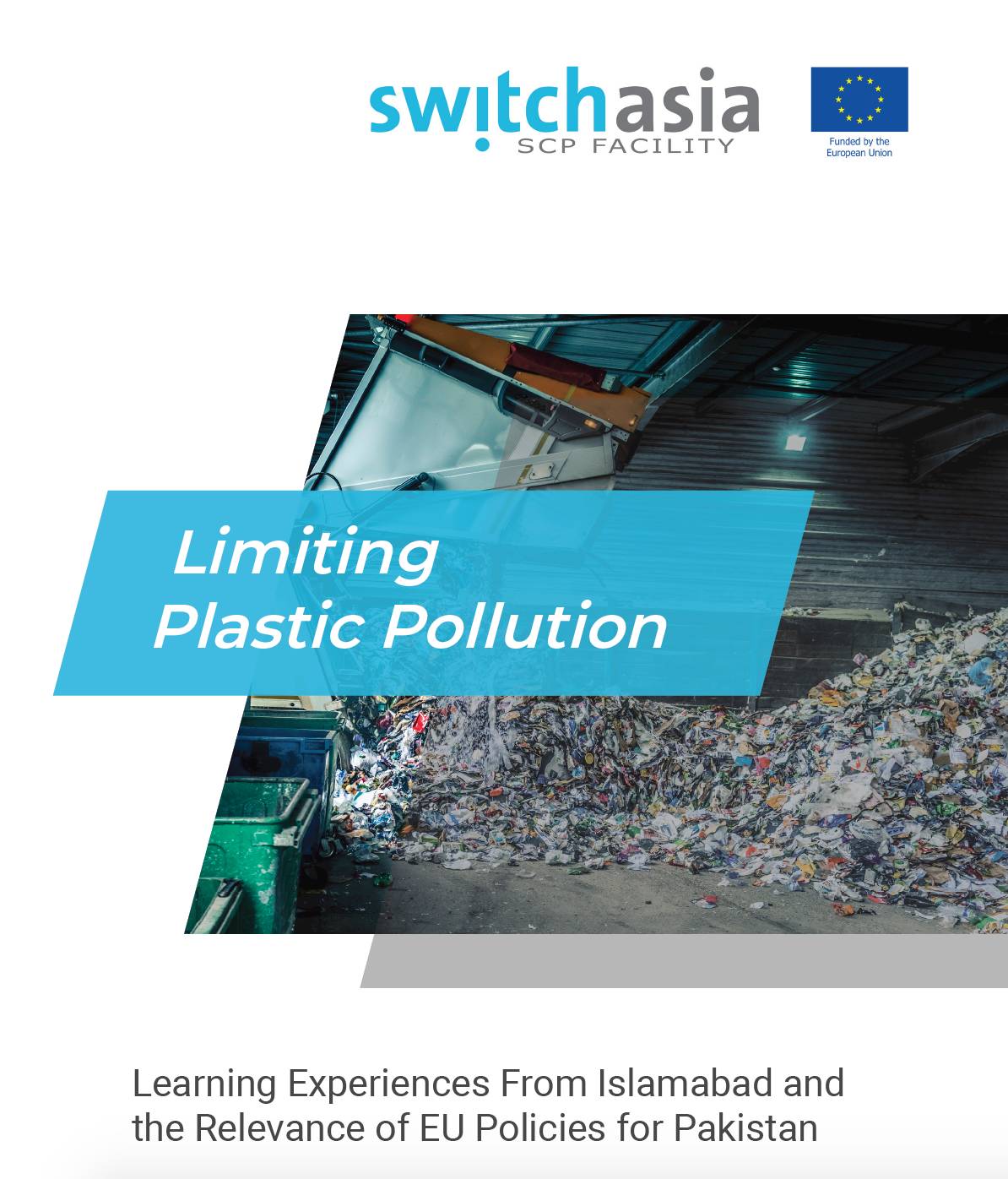
Plastic waste remains a major global challenge, and is a dynamically growing waste form in Pakistan, leading to severely negative impacts on the environment and human health. Clearly, recycling is one option but not a simple panacea for the plastic problem. Many forms of plastic waste are inherently difficult or impossible to recycle. A global ecological catastrophe is looming, where the cost of waste is not borne by industry but by the environment and societies. Current legislative frameworks and environmental directives are not sufficient to minimise the hugely detrimental environmental and health impacts that are built into the current, linear plastics system. A more holistic circular-economy approach is needed, applying incentives where possible, and bans or other regulatory controls where necessary to protect the environment and human health.
This publication is the result of a years-long cooperation on Waste Management in Pakistan in the context of Sustainable Consumption and Production between the EU and Pakistan as part of EU’s SWITCH-Asia programme from March 2020 until May 2021. Coordinated by the SWITCH-Asia SCP Facility, two experts, Dr. Saima Shafique and Mr Tom Clark, conducted the analyses and gave recommendations to the government of Pakistan. Their recommendations are also linked to several aspects of the National Action Plan on SDG 12 SCP, which was prepared with support from the EU.


